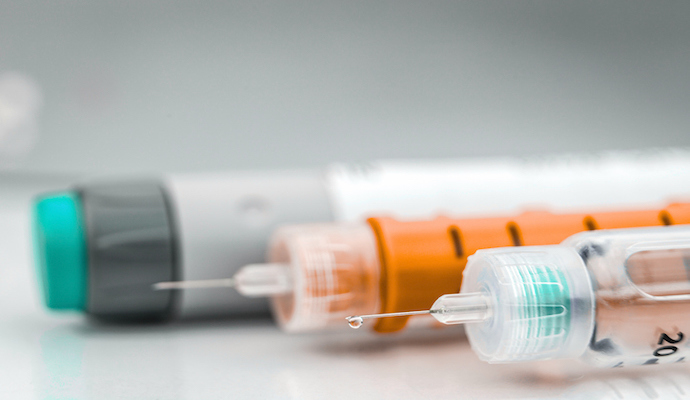FDA Boosts Affordable Access to Insulin and Biological Products
The FDA’s new finalized rule will increase patient access to insulin products and other biological products, provide resources, and potentially lower drug prices.

Source: Thinkstock
- The Food and Drug Administration (FDA) recently published a final rule and additional resources to provide useful information to healthcare providers to ensure smooth regulatory transition of insulin products and biologics.
The final rule, Definition of the Term ‘Biological Product, amends The FDA’s definition of the term biological product to include changes made by the Biologics Price Competition and Innovation Act of 2009 (BPCI Act). The goal is to expedite the smooth regulatory transition of insulin and potentially lead to reduced drug costs and increased market access.
“These critical therapies often carry a heavy price tag, the cost of insulin has risen over the past decade. Operating these products to increased competition is expected to bring down prices and help patients have access to more choices for these life-saving drugs,” FDA Commissioner Stephen Hahn, MD, said in the announcement.
Biologic drugs are complex therapies that may be used to treat serious illnesses such as autoimmune diseases and genetic disorders and diabetes, but recently, there have been challenges surrounding these drugs.
“Life-sustaining insulin products are biologics, but to date, there has been limited competition in the marketplace, resulting in fewer choices and higher prices for patients,” Hahn explained.
In 2018, the FDA took steps to establish the framework for a new pathway for manufacturers to bring biosimilar and interchangeable versions of insulin to the marketplace in its Biosimilars Action Plan (BAP).
The plan intended to improve the efficiency and approval process of the biosimilar and interchangeable drug products and maximize scientific and regulatory clarity for the biosimilar product development community, the announcement highlighted.
From March 23, 2020, onward, applications for biological products approved under the Federal Food, Drug, and Cosmetic Act (FD&C Act) will be deemed to have been licensed under the Public Health Services (PHS) Act. This includes applications for insulins and other biologics.
“The FDA continues to work diligently to ensure there is a seamless transition between regulatory pathways and that there are minimal impacts on manufacturers and patients,” Hahn said.
The agency also launched two frequently asked questions documents, one for patients and one for healthcare providers. These documents include information on what the transition means to them.
According to the FDA, the shift should not affect existing prescribing practices and patients shouldn’t see any differences in their medications or how they receive their medications. And other topics are touched upon as well.
Although the agency has accomplished numerous projects in the plan, there are still many to work on in the future to enhance patient access to needed medicines in the period prior to the transition.
The publishing of this rule is intended to balance innovation and competition and facilitate the development and approval of biosimilar and interchangeable products. This will ensure the market is competitive and patients have more affordable access to treatments they need.
“We will continue to communicate relevant information, including the resources we’ve issued today, to make the transition from our statutory framework to another as seamless as possible,” Hahn concluded.
